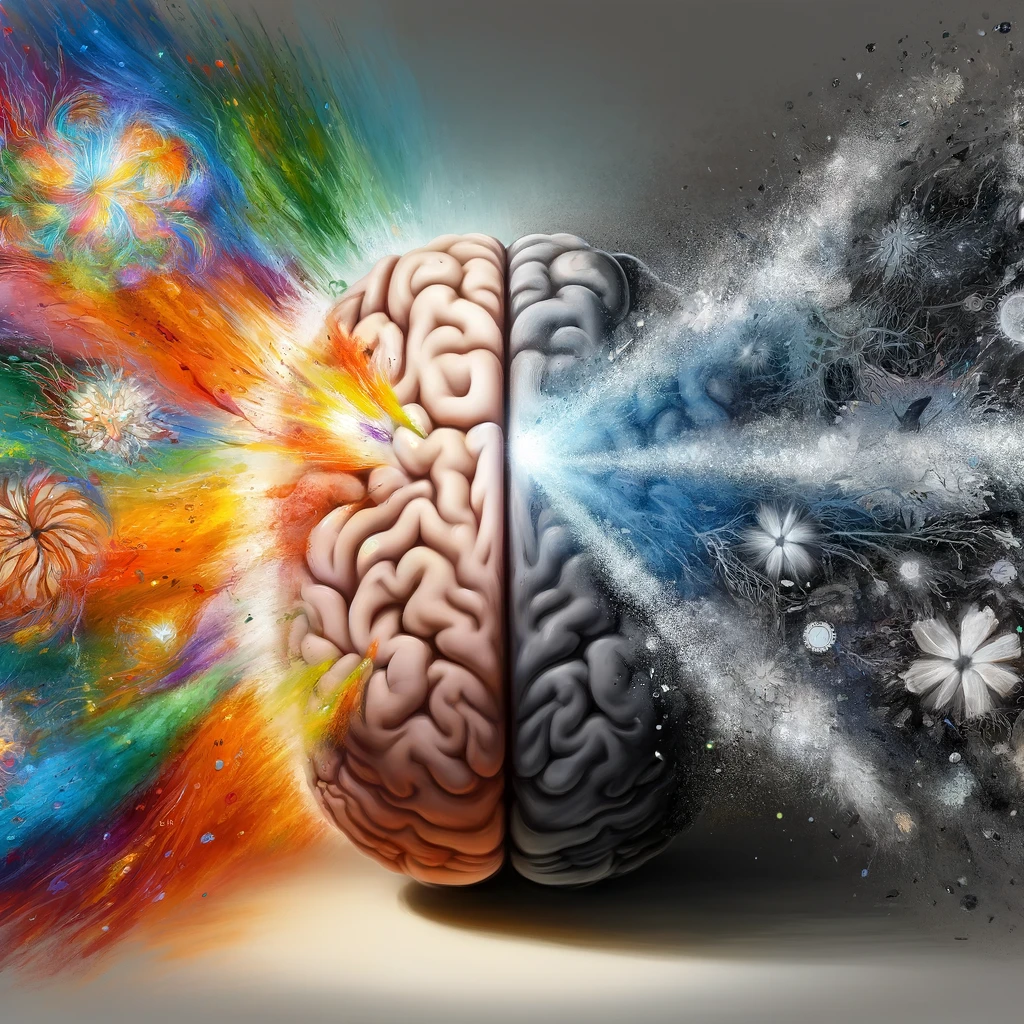How the brain chooses which memories are important enough to keep and which to let fade away

May 20, 2024
The human brain is an incredibly complex organ that processes an enormous amount of information every day. But how does it decide which memories are important enough to keep long-term and which ones to let fade into oblivion? A new study published in the journal Science provides interesting answers to this question, revealing the brain’s selection mechanisms that determine which experiences are turned into lasting memories.
The role of the hippocampus in the formation of memories
Scientists have long identified the hippocampus as one of the key areas of the brain involved in the formation of memories. In particular, the hippocampus appears to play a crucial role in the process of consolidating information from short periods of time into long-term memories.
During waking hours, cells in the hippocampus are specifically activated by a series of impulses called “shortwave waves.” These impulses are responsible for marking experiences deemed important for transfer into long-term memory during sleep.
Studies in mice: an analysis of shortwave waves
To better understand the process of memory selection, scientists conducted experiments on mice. The mice were subjected to a maze with a sugary reward at the end, and along the way the researchers monitored the activity of the mice’s brain cells through implanted electrodes.
During the mice’s pauses to enjoy their reward, their brains emitted short-wave waves that repeated up to 20 times. During the night, this pattern of short-wave waves was replayed, transferring the experience to the long-term brain.
The importance of pause and relaxation for long-term memorization
These studies indicate that there is a correlation between the period of pause and relaxation after an experience and the likelihood of that memory being retained in the long term. It seems that our brains need a moment of relaxation, where we are not focused on anything specific, to allow shortwave waves to click in and mark the experience as worthy of retention.
This means that if, for example, we are watching a TV series and want to remember it, it is better to take a break after each episode instead of continuing to watch nonstop. During the break, our brain will have the opportunity to consolidate the information into lasting memories.
Burst of activity during the break
An intriguing aspect of these studies is the discovery that there may be spikes of brain activity, in the form of shortwave bursts, even when we are in a state of rest or inactivity. These spikes of activity seem to faithfully reproduce the pattern recorded during the actual experience, both when we were awake and during sleep.
This suggests that our brain continues to work even when we are in a resting state, selecting and consolidating experiences deemed important for long-term memory.
Implications for memory optimization
These new findings may have interesting implications for memory optimization. If we want to remember things better, it is important to create the right spaces for pause and relaxation after a significant experience. This may mean taking a walk after watching a movie or taking a moment to rest after studying for an exam.
Also, it is important to note that the process of selecting memories is largely unconscious. The brain decides for itself which experiences are important and worthy of long-term retention. Therefore, we cannot simply decide voluntarily which memories to keep and which to forget.
Conclusions
The brain has a selection system that determines which experiences are transformed into lasting memories. Short-wave waves that occur during pauses and relaxation appear to play a key role in marking experiences as important for long-term memory.
To optimize information storage, it is advisable to create spaces for pause and relaxation after meaningful experiences. This allows the brain to consolidate information and turn it into lasting memories. Above all, it is important to remember that the process of memory selection is largely unconscious, which means we cannot simply decide which memories to retain.
Article source here.









